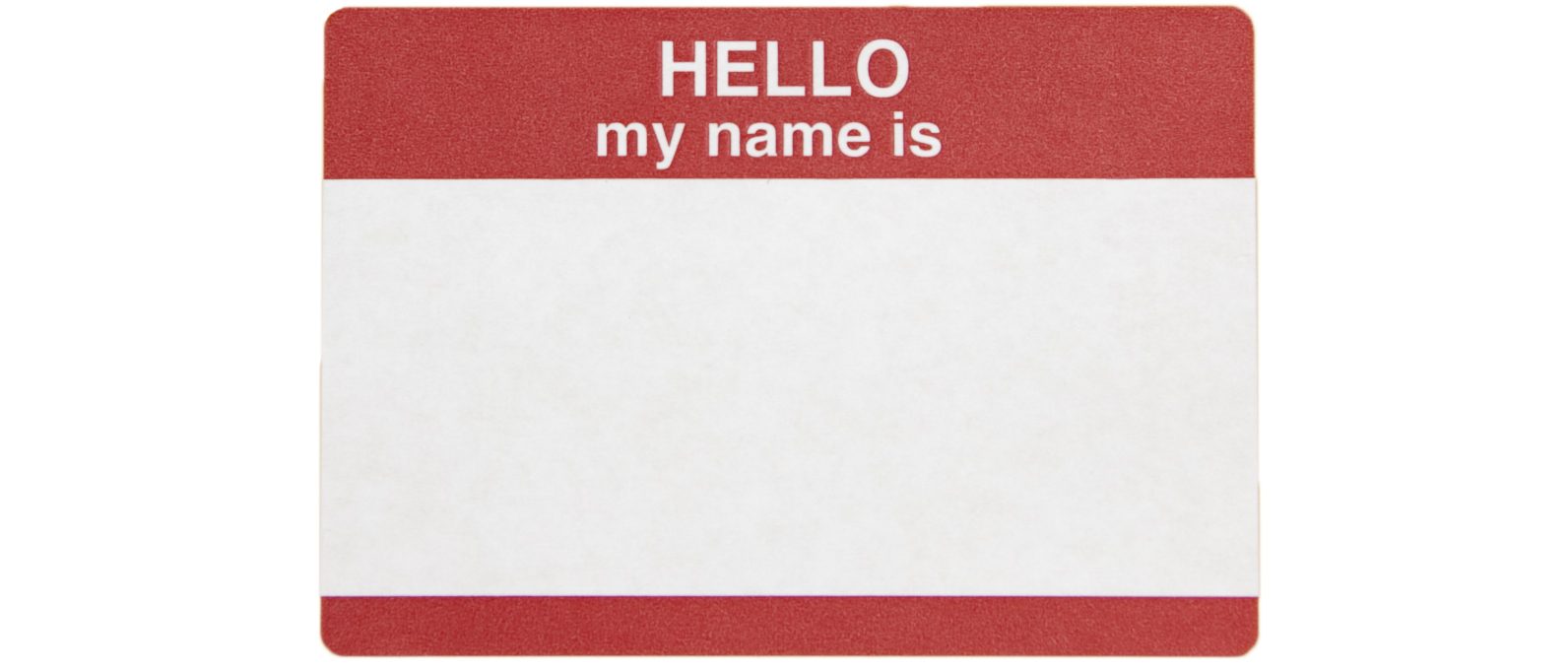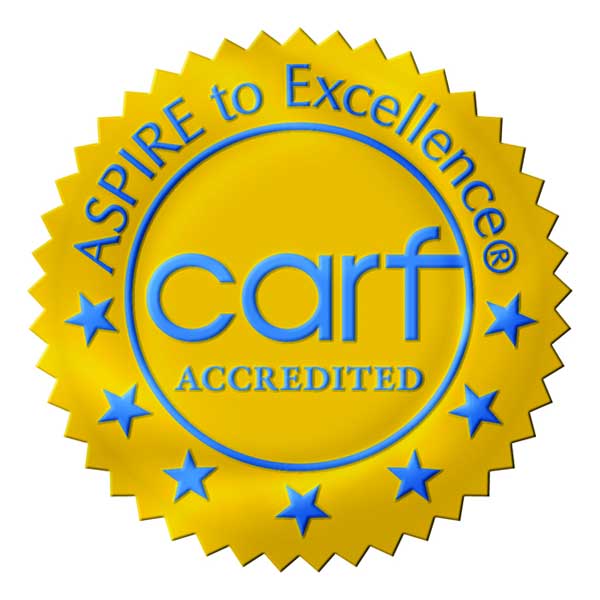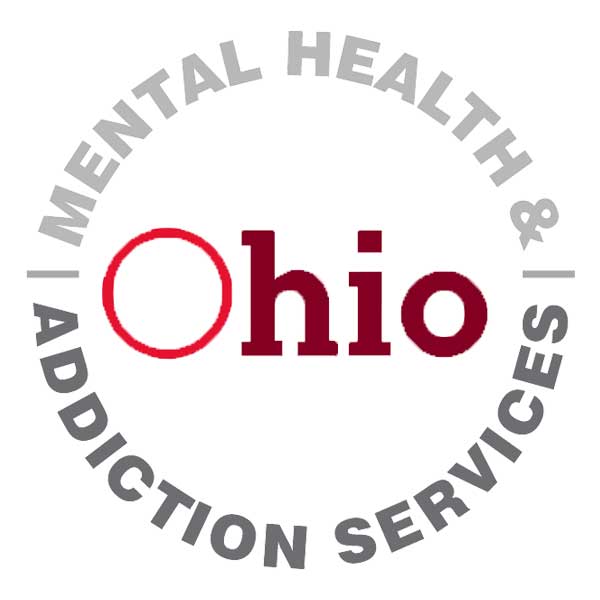RECOVERY STARTS HERE!
513.792.1272
The True Cost of an Assessment

ASAP receives many phone calls from parents who are interested in getting their child evaluated for a substance use or behavioral health problem. One common question is to find out the cost of an assessment.
Parents should understand and accordingly examine the financial costs associated with medical or psychological treatment. These factors can help determine what type of care is available for your child, but there are other important considerations as well. Choosing where to get an evaluation and help is an incredibly important and difficult decision. When a parent understands the true cost of an assessment, they can use more than monetary and time costs when making their decision.
This article focuses specifically on having a substance use disorder (SUD) assessment for an adolescent. You can easily use this information when you consider evaluations for other mental or behavioral health issues as well.
Why are you Requesting an Assessment for your Teenager?
Getting an assessment for your child is a difficult decision. It is one that often raises fears for parents and elicits strong emotions for the parent(s) and the teen.
Parental Concerns
When it becomes necessary for a family to seek an assessment for their teenager, it is usually because a parent has found evidence of their child’s marijuana, alcohol or other drug use. If you discovered the problem yourself, you may feel fearful, angry, guilty or even numb from problems the substance use has created. In addition to parental concerns, sometimes teens are facing legal or school consequences.
Other Concerned Party
If a medical professional, school, judge, police officer, or other parent has alerted you to a concern, it often comes as a shock to the parent(s). It’s very possible you didn’t even know that there was an issue. Perhaps you knew about some experimentation but didn’t consider it a problem. It is not unusual for parents to be unaware that there is an issue or of the severity of the problem.
Regardless of how the necessity for an assessment arises, parents need to overcome feelings that their parenting ability is being questioned to get their child the help needed. Whatever your reaction, a professional assessment is the time to determine if a problem exists and what options are available to help your child.
Getting the Best Possible Evaluation
Teens can become experts in hiding what they think, who they’re with and what they are doing. This means that another true cost of an assessment is getting an accurate understanding of the situation.
Parents often falsely believe that all evaluations for a possible substance abuse disorder are the same. Unfortunately, all assessments are not created equally. The model used at Adolescent Substance Abuse Programs provides for a very comprehensive yet affordable evaluation. By choosing a facility or provider who works primarily with adolescents, you reduce the chances that your child will be able to manipulate or sabotage the process.
8 Questions to Ask Before Scheduling an Assessment
- Is the professional an expert in adolescents AND substance use disorders? Providers who work exclusively or primarily with adolescents have training and expertise to best handle their unique needs.
- Does the comprehensive evaluation include interviews with BOTH the teen and the parents, individually and together? Parental input is essential; without it, the information may be incomplete.
- Does the interview also look at behavioral or mental health issues? The clinician needs this information to make a correct recommendation for treatment. Clinicians should ask about past and current mental health symptoms to make sure all your child’s needs are addressed. If they do not personally handle that type of treatment, they can make a recommendation or referral.
- Will the assessment include a standardized psychological tool like the SASSI-4 or the MMPI-A? Facilities who use a nationally recognized assessment tool base their recommendations on facts in addition to the provider’s expertise.
- Will the provider make recommendations outside the range of services they offer? Your child may need something different than what that provider offers. Your child’s unique needs should be the most important factor in the recommendations being made.
- What is the time the professional spends on the assessment? Professionals who spend more than one standard appointment time with a client and family will be able to gather more information. A comprehensive assessment should take at least 90 minutes to 2 hours to complete.
- Are these are the best experts available in your area? Do you know someone who has used the practitioner before? Has another agency or facility recommended them? Have they provided complete and accurate information on their website or over the phone?
- What the monetary cost of the assessment? Assessment costs will vary. Some insurance companies cover part or all of the assessment.
The True Cost of an Assessment
Understanding these variables allows you to make the best possible decision for your child. The cost of an assessment is certainly financial, but there are also emotional and developmental costs to consider. The right Substance Use Disorder assessment could help save your child’s life.
If you are in Southwest Ohio, Northern Kentucky, or Southeast Indiana, call Adolescent Substance Abuse Programs (ASAP) at 513-792-1272. During our intake process we can answer your questions and check your insurance benefits. We can schedule an assessment as soon as possible – often within 72 hours.
RELATED POSTS
ASAP is Cincinnati's premiere outpatient treatment center for teenagers, young adults, and their families struggling with substance abuse and mental health problems. Our specialized programs include TRIP for adolescents (ages 12-19), PIVOT for young adults (ages 18-26), and Clarity Intensive for those with emotional and behavioral disorders.
SUBSCRIBE
Enter your email address to receive news and information from ASAP.
[sibwp_form id=2]CALL US AT
513.792.1272
OR
Request a call from an ASAP professional










